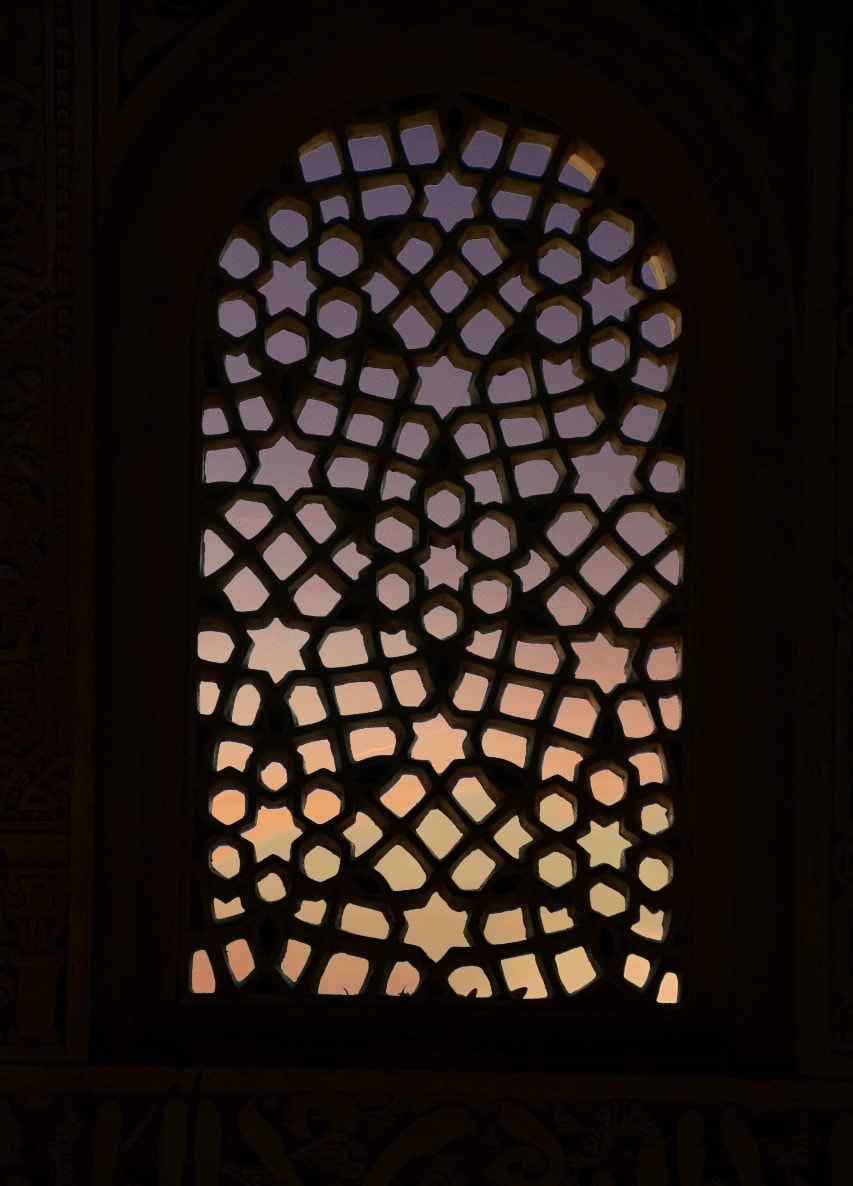The Problem of Evil and a Summarized Islamic Response
Answered by Faraz A. Khan
Question: Looking at the course of human history, one can’t help but realize that things like war, violence, aggression, and killing exist because they are a natural symptom of our characteristics as defined by Allah (SWT).
How do I respect Allah (SWT) knowing that He has deliberately created conditions which are conducive to things like wars, killing, massacres, and rape?
Answer: Assalamu alaikum wa rahmatullah,
I pray this finds you in the best of health and states.
The Problem of Evil and the Human Condition
The essential question you are asking is one of theodicy or ‘the problem of evil’, a question that has plagued Western European philosophers for centuries. The basic answer according to Islam is that God does whatsoever He wills, as He has complete power and dominion over everything in creation. At the same time, He is all-wise and His wisdom underlies all of creation.
As humans, we are spiritually myopic: we do not have the capacity to fully appreciate divine wisdom, especially in suffering, as our scope is simply too limited.
The human scope is fully broadened only in the hereafter, where the larger context of every event in this life is made manifest to creation. Yet it can also be broadened at various levels in this life, commensurate to the depth and strength of one’s certainty in God and in the hereafter, the greatest broadening occurring with God’s prophets and messengers (peace and blessings be upon them all), followed by His saints.
A Relevant Article and Some Key Points
This important issue has been dealt with extensively by the Islamic scholar Shaykh Nuh Keller (may God preserve him) in the following article:
Suffering and Divine Wisdom
Some of the key points in the article that can help you with your question are as follows:
(a) The suffering of innocent people is temporary and will be a source of triumph for them in the next world;
(b) The suffering of people is an opportunity and a test for others who are able to alleviate that suffering, upon whom it is obligatory to do so;
(c) God has only created us so that we may worship Him and draw near to Him, and central to that is one’s detachment from this paltry world. Suffering shows us how truly low this abode is and aids us in being detached from it;
(d) God created this world as a test, not as a paradise, and suffering allows the servant to become actualized in the eternal verities of faith. These include radiant patience, contentment and true servanthood during the trial, as well as sincere and heartfelt gratitude after the trial is lifted. The fruits of such actualization are sainthood in this life, and real paradise in the hereafter.
The bottom line is that God is merciful, compassionate, wise and beautiful. His mercy, compassion, wisdom and beauty permeate all of creation. Anything of that which we cannot appreciate in this life shall become manifest in full clarity in the next life. We respect Him because He Most High is worthy of all praise and respect, utterly transcendent above creation and independent of creation, while all of creation is in absolute need of Him.
The Journey of the Faithful
As for God’s faithful servants, their life journey is one of treading the spiritual path to Him Most High, one of the goals of which is to broaden the human scope, whereby one is more aware and more appreciative of the larger context behind life’s events.
Our Master Ibn Ata’illah states, “True folding is that you fold the distance of this life past you, such that you see the next life as closer to you than your very own self.”
That is to say, when the light of certainty dawns upon the heart of the faithful servant, this life dwindles in his estimation and the reality of the afterlife pierces through, to the extent that it is as if the servant is already present in that abode. As God states in the Qur’an, “The fast approaching Hour is imminent.” (53:57)
This does not mean that such a servant does not strive against injustice; indeed, doing so is a divine mandate and wholly incumbent. It only means that he does not allow evil in the world to shake his faith in the Divine. For such a believer, actions on earth translate into repercussions to come: when he sees good works, he sees Paradise, and when he sees oppression, he sees the Inferno.
The Choice and Fate of Oppressors
As for evildoers and oppressors, the harm they inflict is nothing but a reflection of their own choice. Although God enables them to wrong others, they choose to do so and will be taken to full account for those choices. Their evil is not God’s fault and is not attributed to Him. Rather, they failed the test and shall be punished accordingly in the hereafter, unless both their victims and God choose to forgive them.
God Most High states, “[I swear] By the Mount; by a Book inscribed, on parchment unrolled; by the House oft-visited; by the canopy raised high; and by the ocean filled up to swell: verily, the punishment of your Lord will surely come to pass [upon those deserving it], and none at all shall avert it” (52:1-8)
And the Prophet Muhammad (peace and blessings be upon him) said, “Guard yourself against oppressing anyone, for indeed, oppression will be layers of darkness and torment on the Day of Judgment.” [Muslim]
And Allah knows best.
wassalam
Faraz
Checked & Approved by Faraz Rabbani
